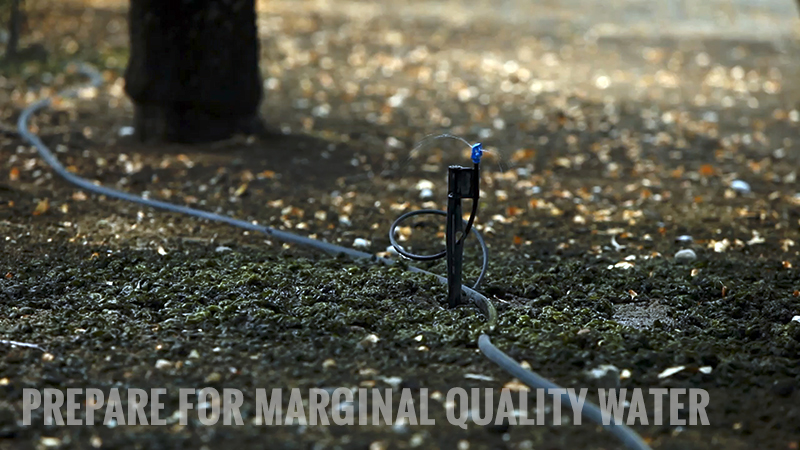What You Need To Know About Kal91.3 — a New Genetically Engineered Potato
A new genetically engineered potato — Kal91.3 — has been granted exemption from the biotechnology regulations placed on genetically modified products by USDA’s Animal and Plant Health Inspection Service (USDA APHIS).
The Kal91.3 potato, developed by Michigan State University potato breeder Dave Douches, is bred from an MSU potato variety named ‘Kalkaska’. The newly developed potato can be stored in cool temperatures for long periods of time without sucrose, the compound that sugar is typically stored in potatoes as, converting into reducing sugars such as fructose and glucose. Without as many reducing sugars, off-color browning and caramelization can be minimized in the Kal91.3 potato, leading to healthier and higher-quality products, including potato chips.
The Kal91.3 potato can also reduce the environmental impact of the growing process without as many fertilizers and pesticides needed to maintain the potato during storage.
Sucrose is broken down in potatoes by vacuolar acid invertase, an enzyme reactive to the external environment of plants — such as temperature. Roughly 10 years ago, Jiming Jiang, an MSU Foundation Professor in the departments of Horticulture and Plant Biology, published findings on how to silence, or suppress, the gene that produces vacuolar acid invertase in potatoes.
This discovery sparked interest from Douches to find a way to correct the sugar imbalance that can occur in some of Michigan’s commercial chipping potatoes.
“I’ve always felt as the potato breeder at MSU that using biotechnology as a tool to improve potatoes would be worthwhile,” Douches says. “We have chipping potatoes that work well and do their job, but I wanted to take this gene and find out whether it could improve a potato that was having a problem with its sugars.”
RELATED CONTENT: Not Fully Baked? Vegetable Status for Potatoes in Jeopardy
After multiple experiments carried out from 2014-2015, Douches developed an RNA interference (RNAi) construct that silenced vacuolar acid invertase in ‘Kalkaska’ potatoes.
From 2016-2023, Douches tested the agronomic characteristics of the Kal91.3 potato and found it had a good shape, size, and specific gravity — the measurement of starch content compared to water in the potato.
Historically, many farmers have stored chipping potatoes at or around 50°F to avoid vacuolar acid invertase from responding to cooler temperatures and converting sucrose into reducing sugars, but doing so has left potatoes more susceptible to storage rots and moisture loss. The Kal91.3 potato, however, has shown the ability to be stored at 40°F while maintaining its sugar balance.
For more, continue reading at canr.msu.edu/news.









